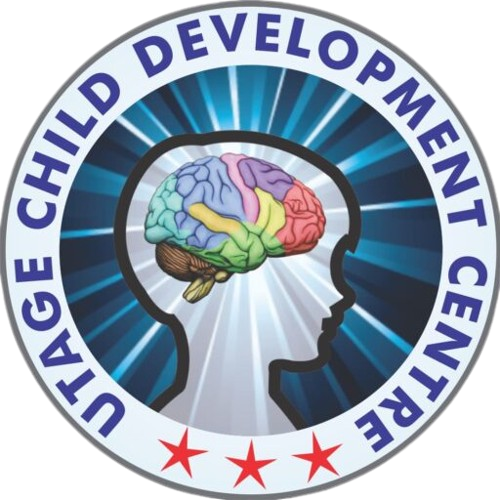What Are Learning Delays in School-Age Kids?
Learning delays in school-age kids mean a child is not reaching learning milestones at the expected time. These delays can affect reading, writing, math, or even social skills. Sometimes, learning delays in children are mild and improve with help. Other times, they may signal a learning disability. Early intervention for learning delays can make a big difference in a child’s progress.
Common Symptoms and Early Warning Signs
It is important to notice early signs of learning disabilities. While every child learns at their own pace, some signs may show a delay. For example, you might see your child:
However, not all children with these signs have a learning delay. Yet, if you notice several of these symptoms, it is wise to seek advice.
Possible Causes and Risk Factors
Learning delays in children can have many causes. Sometimes, they are linked to genetics. Other times, they may be due to problems during pregnancy or birth. For instance, low birth weight or early birth can increase risk. In addition, exposure to toxins, such as lead, may play a role. Hearing or vision problems can also cause delays. According to the CDC, some children with learning disabilities have no clear cause.
How Learning Delays Are Diagnosed
Early diagnosis is key for helping children succeed. First, a doctor or specialist will ask about your child’s development and school progress. Then, they may do tests to check thinking, language, and movement skills. Sometimes, teachers and parents fill out forms about the child’s behavior. In some cases, hearing and vision tests are also done. After gathering all this information, the team can decide if your child has a learning delay or disability.
Treatment Options and Support Strategies
There are many ways to help children with learning delays. Treatment depends on the child’s needs. Some common support strategies include:
With the right support, many children make great progress. Early intervention for learning delays is especially helpful, as research shows children learn best when help starts early (CDC, 2023).
Tips for Parents and Caregivers
Parents and caregivers play a big role in helping children with learning delays. Here are some tips:
Above all, remember that every child learns in their own way. Support and understanding can help your child thrive.
Prevention and Early Intervention
While not all learning delays can be prevented, early action can help. For example, regular check-ups can catch problems early. Reading to your child and playing learning games at home can also boost skills. If you notice signs of learning delays, talk to your child’s doctor right away. Early intervention for learning delays gives children the best chance to succeed.
If you notice signs of learning delays in your child, consult a pediatric specialist at Utage Child Development for personalized advice and support.

